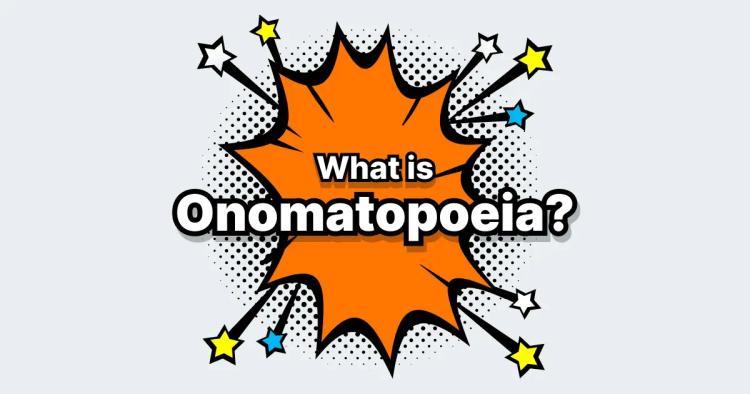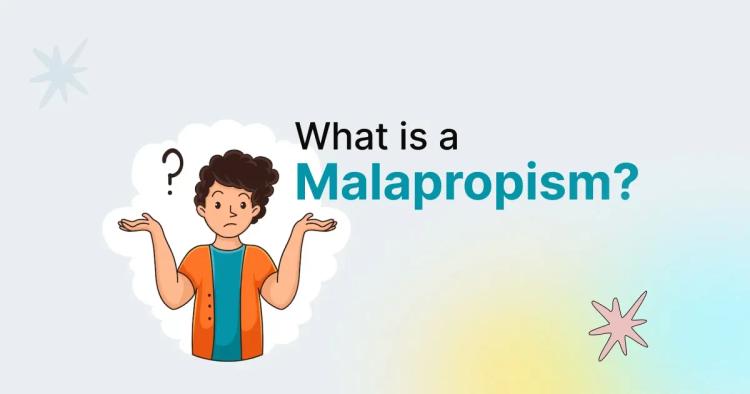Language is a powerful tool that enables us to express our thoughts, emotions, and ideas. Within the vast landscape of the English language, prefixes play a crucial role in altering the meaning of words and enhancing our ability to communicate precisely.
Among these prefixes, "dis" and "un" hold significant importance, as they have the power to indicate reversal, opposite action, or negation in words.
Mastering the correct usage of "dis" and "un" is vital for effective communication and conveying our intentions with clarity.

Understanding the Power of Prefixes: Dissecting "Dis" and "Un"
A Brief Introduction to Prefixes
Prefixes are morphemes added to the beginning of words to change their meaning. In the case of "dis" and "un," they can dramatically alter the sense of a word, providing a nuanced understanding of the speaker's intentions.
Properly understanding and using these prefixes is essential to avoid miscommunication and ensure the accurate conveyance of ideas.
The Significance of "Dis" and "Un" in the English Language
The prefixes "dis" and "un" are highly versatile and widely used in the English language. They carry distinct meanings, with "dis" typically indicating a negative or opposite action, while "un" conveys negation or removal.
Recognizing their significance is crucial for clear and effective communication.
The Meaning Behind "Dis" and "Un": Unravelling the Nuances

The Prefix "Dis": Denoting Reversal or Opposite Action
The prefix "dis" is often used to indicate a reversal or opposite action. For instance, "disassemble" refers to the act of taking something apart, while "disapprove" means to hold a negative opinion or judgment about something.
Understanding the implications of "dis" in various contexts is essential to use it accurately.
The Prefix "Un": Indicating Negation or Removal
On the other hand, the prefix "un" primarily signifies negation or removal. For example, "undo" denotes the act of reversing a previous action, while "unseen" implies something not witnessed or observed.
Properly grasping the meaning of "un" in different words is vital to avoid unintentional misinterpretations.
Common Examples of "Dis" in Action: Dissecting Disconnected Words
Dissecting, Disapprove, Discomfort: Exploring Negative Connotations
In words like "dissecting," which means to analyse or examine closely, and "disapprove," indicating a negative judgment, the prefix "dis" brings out the sense of negativity or opposition. Similarly, "discomfort" expresses a state of unease or displeasure.
Discuss, Dismiss, Discover: Unravelling Reversal or Opposite Meanings
However, in words such as "discuss," which refers to the act of talking over or considering an issue, and "dismiss," meaning to reject or disregard, the prefix "dis" takes on the role of denoting reversal or opposite action.
Additionally, "discover" highlights the unveiling or finding of something new or unknown.
Mastering the Usage of "Un": Unveiling Unparalleled Instances

Uncover, Unseen, Unfold: Unveiling Negation or Reversal
The prefix "un" serves to negate or reverse the meaning of words like "uncover," meaning to reveal or make visible, "unseen," indicating something not witnessed, and "unfold," expressing the act of opening or revealing something that was previously closed.
Understand, Unite, unveil: Analysing the Absence of "Dis" Prefix
Conversely, "un" can also imply the absence of the prefix "dis" in words like "understand," signifying comprehension or grasping a concept, "unite," referring to the act of joining or bringing together, and "unveil," expressing the act of revealing something previously concealed.
The Impact of Correct Prefix Usage: Enhancing Clarity and Communication
Avoiding Miscommunication through Precise Prefix Use
Properly using "dis" and "un" is crucial in avoiding miscommunication. Using the correct prefix can make a significant difference in the meaning of a word and prevent unintended misunderstandings.
The Importance of Proper Prefix Placement
The placement of the prefixes "dis" and "un" in words is essential. Changing the position of the prefix can completely alter the word's meaning, emphasizing the significance of using them correctly to convey accurate messages.
Common Pitfalls: Disentangling Misused Prefixes

Disinterested vs. Uninterested: Differentiating Similar Words
A common source of confusion lies between "disinterested" and "uninterested." While "disinterested" implies impartiality or lack of bias, "uninterested" indicates a lack of interest or indifference. Understanding this distinction is vital to use the appropriate term in specific contexts.
Disassemble vs. Unassemble: Decoding Misused Prefixes
Similarly, the prefixes "dis" and "un" can be misused in words like "disassemble" and "unassemble." The former implies taking something apart, while the latter lacks a distinct meaning. Clarifying such misused prefixes enhances language precision.
Leveraging Copychecker's Grammar Checker Tool: Ensuring Flawless Writing
Introducing Copychecker's Grammar Checker Tool
To ensure flawless writing and accurate prefix usage, leveraging tools like Copychecker's Grammar Checker can be immensely beneficial. This innovative tool offers comprehensive grammar checks and assists in identifying potential errors in prefix usage.
How Copychecker Assists in Correct Prefix Usage
Copychecker's Grammar Checker performs an in-depth analysis of the text, identifying instances of misused prefixes or incorrect prefix placement. It provides real-time suggestions and corrections, ensuring your writing adheres to proper language standards.
Step-by-Step Guide: Copychecker's Grammar Checker Tool

Registering and Accessing Copychecker's Platform
Getting started with Copychecker is simple. Register on the platform, and gain access to the Grammar Checker tool for precise grammar analysis.
Navigating the Prefix Check Feature
Within the Grammar Checker tool, utilize the Prefix Check feature to specifically identify and correct instances of misused or misplaced "dis" and "un" prefixes.
The Copychecker Advantage: A Holistic Grammar Solution
Comprehensive Grammar Checks with Copychecker
Copychecker's Grammar Checker goes beyond prefix analysis, offering a holistic approach to grammar checks. It ensures your writing is free from errors, enhancing overall language clarity.
Additional Features for Enhanced Writing
In addition to prefix checks, Copychecker's Grammar Checker offers a range of features, such as punctuation checks, sentence structure analysis, and style suggestions, all contributing to elevated writing quality.
Embracing Clarity in Writing: Enhancing Your Language Skills

The Journey to Mastery: Practicing Proper Prefix Use
Becoming proficient in using "dis" and "un" prefixes requires practice and attentiveness. Engaging in consistent writing exercises will strengthen your language skills and improve precision.
Building Confidence in Effective Communication
Correct prefix usage empowers you to communicate with confidence. Mastering the art of using "dis" and "un" correctly will enable you to convey your ideas precisely and avoid misunderstandings.
FAQs
When to Use the Prefix "Un" vs. "In" or "Dis"?
The choice between using "un," "in," or "dis" as a prefix depends on the intended meaning of the word. "Un" typically indicates negation or reversal, "in" is often used to denote the opposite or not being in a particular state, and "dis" is commonly associated with negative actions or reversing a previous state.
How Do You Use "Dis" and "Un"?
To use "dis" correctly, attach it to the beginning of a word to indicate a negative action or reversing a previous state. For example, "disagree" denotes not agreeing, and "disapprove" implies having a negative opinion.
On the other hand, "un" is used to convey negation or reversal, such as in "undo" to reverse a previous action or "unseen" to describe something not witnessed.
Where Do We Use "Dis"?
The prefix "dis" finds application in various words to signify a negative action, opposite action, or reversing a previous state. It is used in words like "discontinue," "dislike," and "disorganized," among others, to convey the idea of not continuing, not preferring, or lacking organization.
Is "Dis" a Negative Prefix?
Yes, "dis" is commonly considered a negative prefix. When attached to a word, it often denotes negation, opposition, or reversing a previous state. For example, "disadvantage" indicates an unfavourable condition, and "disappear" means to cease to be visible.
What Does the Suffix "UN" Mean?
The suffix "un" serves as a prefix, not a suffix. When used as a prefix, "un" indicates negation or reversal, as in "unhappy," which means not happy, or "uncover," implying to remove a cover or reveal something.
Conclusion
Understanding and correctly using the prefixes "dis" and "un" is essential for effective communication and conveying our thoughts accurately. These versatile prefixes hold the power to denote reversal, opposite action, or negation, adding layers of meaning to words.
Avoiding common pitfalls and utilizing tools like Copychecker's Grammar Checker further enhances writing precision.
As we embrace clarity in our language skills, we empower ourselves to communicate with confidence and make a lasting impact on our audience.




